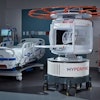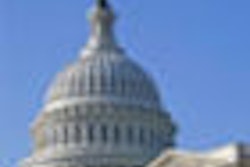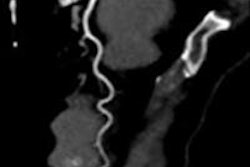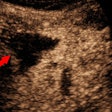Several groups representing imaging research organizations are expressing concern about the effects of sequestration cuts on imaging research at the U.S. National Institutes of Health (NIH).
The Coalition for Imaging and Bioengineering Research (CIBR) said that more than 4,500 letters have been sent to members of Congress through its website, advocating against the cuts. The sequestration order was mandated by the Budget Control Act of 2011, which requires across-the-board reductions in federal spending.
This year, the first year of sequestration, the NIH experienced a 5.3% cut -- only the first of a planned schedule of cuts over the next decade, according to CIBR. If Congress does not intervene, the NIH's budget will be cut an additional 7% in January 2014, which will affect its ability to support imaging research, CIBR said.
CIBR is also meeting with members of Congress and organizing events on Capitol Hill that demonstrate the effect of medical imaging research on patient care.
In a similar vein, the American Association for Cancer Research (AACR) hosted a congressional briefing on July 24 to highlight the contributions that federally funded biomedical research is making to eliminate cancer health disparities. The meeting highlights why it's important to provide sustained funding to federal agencies, including the NIH and National Cancer Institute (NCI), according to AACR CEO Dr. Margaret Foti, PhD.



















